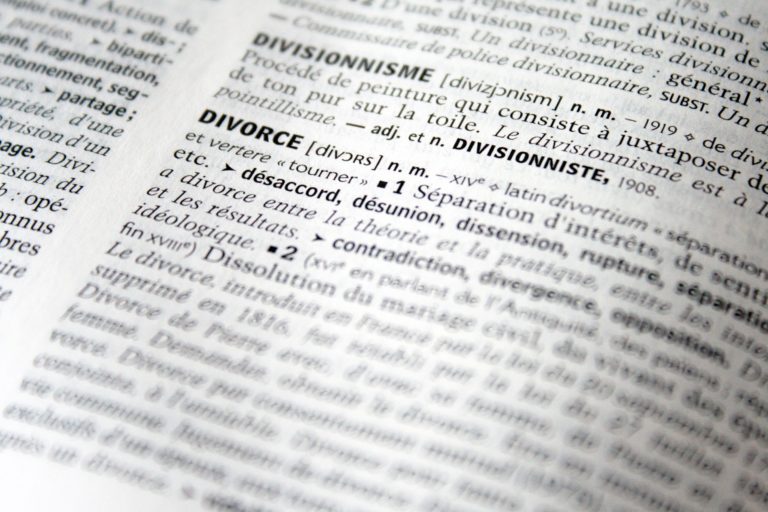
Couples going through a divorce sometimes seek alternative methods that exist outside of a courtroom. While it is not possible for all couples, some are able to settle the terms of their divorce without the help of a judge. Because of this, there are other options available to a couple to end their marriage without having to go through litigation. These methods give couples the opportunity to reach agreements on their own terms. During these processes, spouses discuss arrangements on marital issues such as child support, child custody, the division of assets, and alimony.
Mediated Divorce
One common alternative method of divorce is mediation. In mediation, spouses can discuss and negotiate the terms of their separation regarding any unresolved marital issues. This method exists with the assistance of an unbiased third party to guide the spouses in reaching decisions that work for them. This third party helps mediate any disagreements that may take place.
Once a couple comes to an agreement on the terms of their divorce, the third party can draft an agreement for them to sign. After this, the document is presented to the court for review. If the court agrees with the arrangements, the couple may be granted a Judgement of Divorce.
There is not one set length for the process of mediation. It can last for as long as a couple needs to reach agreements. Because of this, there are no time constraints put upon the couple to meet a certain deadline. This allows them to take the time they need to reach the necessary decisions.
Collaborative Divorce
A collaborative divorce also allows couples to participate in a series of four-way meetings. These meetings focus on allowing the couple to come to agreements on their marital issues. Different than mediation, the negotiations are guided by attorneys to help spouses reach amicable agreements.
The process of collaborative divorce is supported by a Participation Agreement. This Agreement is signed by both spouses and their respective attorneys. It outlines the obligations of all parties involved. This ensures they put in the effort to make the process work. When the agreement is signed by the attorneys, it prohibits them from representing their clients if the process does not work. This holds them liable for working to ensure the success of their clients.
Arbitration
Another option for divorce outside of litigation is arbitration. This also involves a third party. However, unlike mediation, this third party acts as a judge during the process. They make all of the final decisions that are necessary to reach conclusions regarding the marital issues at hand.
Contact our Firm
If you or someone you know is going through a divorce, contact the Law Offices of Haber Silver Russoniello & Dunn today.
If you require strong legal representation for matters related to divorce or family law, Haber Silver Russoniello & Dunn is here to help. We proudly represent clients in Morris County and throughout the state of New Jersey. Contact our firm today to schedule a consultation.
